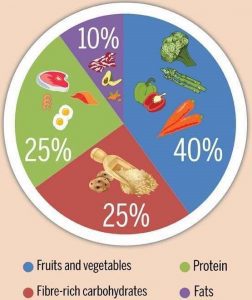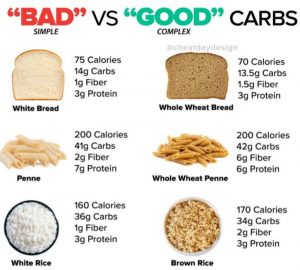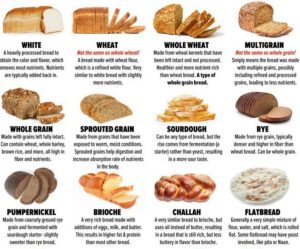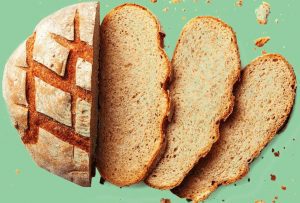Discover the nutritional value of different breads in this comprehensive guide. Learn how to make healthier bread choices that fit your lifestyle.

Bread is one of the most staple foods in many cultures around the world. It is an essential part of many meals and is enjoyed in many forms. With the increasing awareness of health and wellness, it is crucial to understand the nutritional value of different types of bread. This article provides a comprehensive guide to the various types of bread and their nutritional value to help you make informed choices for a healthier diet.
White Bread
White bread is made from refined flour and is the most commonly consumed type of bread. It has a soft and fluffy texture and is often used for sandwiches, toast, and hamburger buns. However, white bread is not the best choice for your health. It is low in fiber, vitamins, and minerals, and is high in sugar and calories.

Whole Wheat Bread
Whole wheat bread is made from 100% whole wheat flour and is a healthier alternative to white bread. It is a good source of fiber, vitamins, and minerals, and is low in sugar and calories. Whole wheat bread helps regulate digestion, lowers cholesterol levels, and reduces the risk of cardiovascular disease and diabetes.
Multigrain Bread
Multigrain bread is made from a combination of whole grains, such as wheat, oats, barley, and rye. It is a good source of fiber, vitamins, and minerals, and is low in sugar and calories. Multigrain bread helps regulate digestion, lowers cholesterol levels, and reduces the risk of cardiovascular disease and diabetes.

Rye Bread
Rye bread is made from rye flour and is a dense, dark bread with a distinctive flavor. It is a good source of fiber, vitamins, and minerals, and is low in sugar and calories. Rye bread helps regulate digestion, lowers cholesterol levels, and reduces the risk of cardiovascular disease and diabetes.
Sourdough Bread
Sourdough bread is made using a natural yeast and fermented dough. It has a tangy flavor and a dense, chewy texture. Sourdough bread is a good source of fiber, vitamins, and minerals, and is low in sugar and calories. It helps regulate digestion, lowers cholesterol levels, and reduces the risk of cardiovascular disease and diabetes.
Seeded Bread
Seeded bread is made with a variety of seeds, such as sunflower, flax, and sesame seeds. It has a crunchy texture and a nutty flavor. Seeded bread is a good source of fiber, vitamins, and minerals, and is low in sugar and calories. It helps regulate digestion, lowers cholesterol levels, and reduces the risk of cardiovascular disease and diabetes.


Hi there! This is my first visit to your blog! We are a team of volunteers and starting a new project in a community in the same niche. Your blog provided us beneficial information to work on. You have done a extraordinary job!reputation defenders